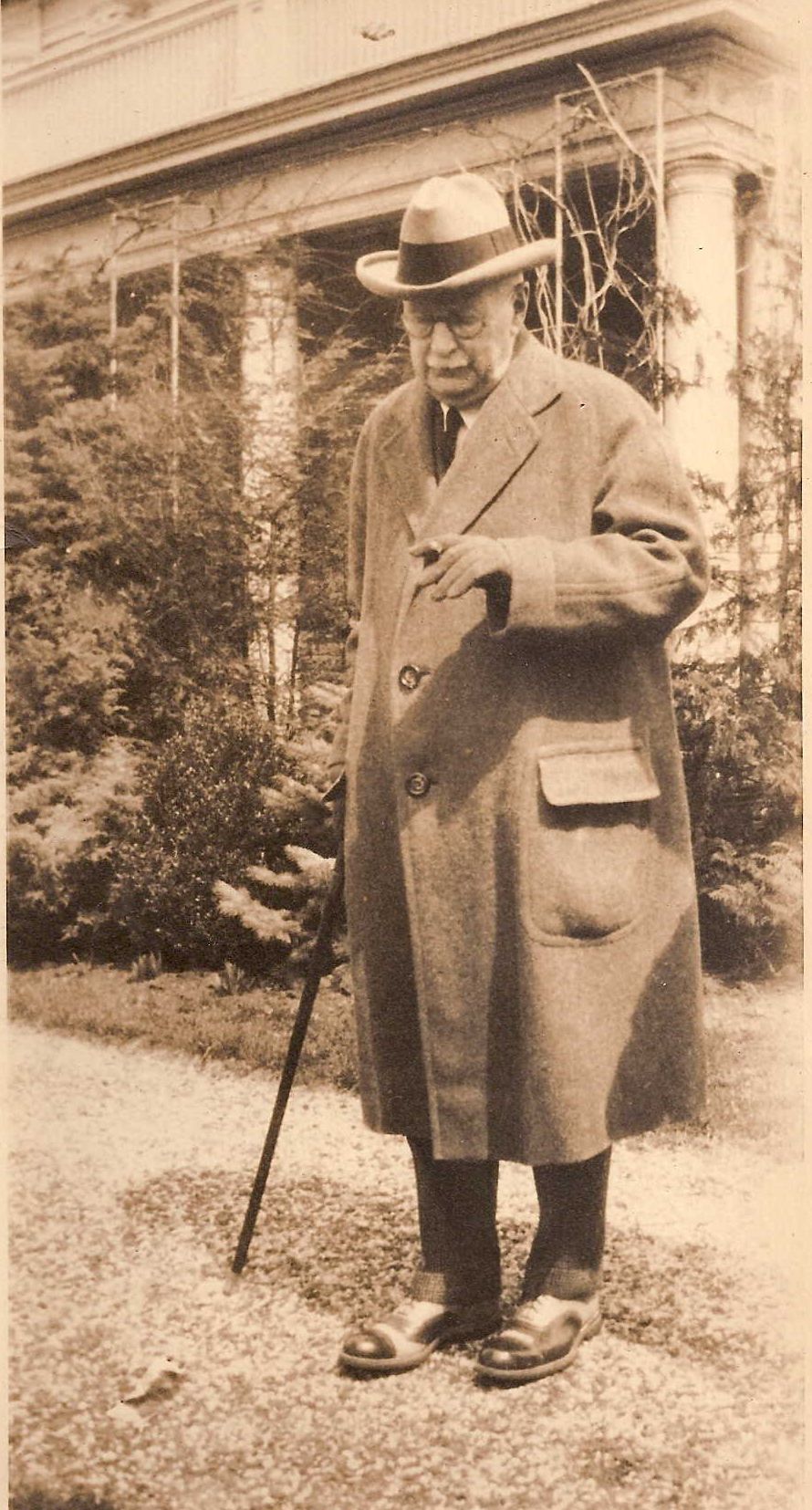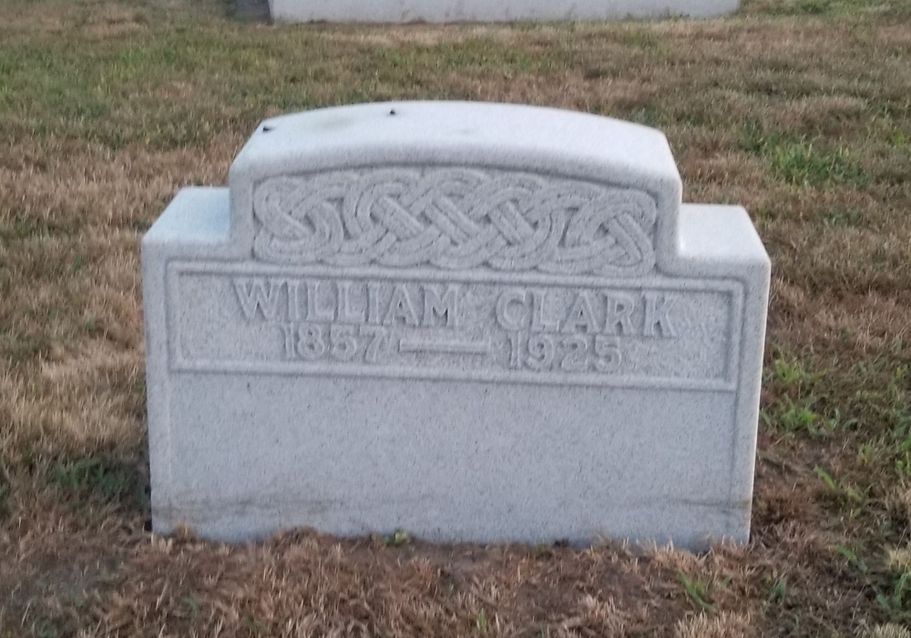William Clark
No-one could pretend that William Clark was a great footballer. But he was without doubt absolutely pivotal to the formation of football, of soccer, as the major, American game it has become today.
In fact, to confuse matters, our William Clark was one of two of the same name at the same time, William A. and William Jnr., from the same town and living in the same place. The place was Newark in New Jersey, USA, the town Paisley in Scotland. The time was the 1880s. The connection was cotton thread, one of them being the son of the Clark family that had built its business in the Renfrewshire town and then transferred its spinning expertise to a new mill complex in East Newark by Kearny in New Jersey and would go on to open a further mill in Westerly in Rhode Island.

However, our William Clark, William Jnr., whilst employed throughout his working-life at Clark mills was not the son of owners but weavers cum mill manager. Indeed, in time he would become the latter himself.
He was born in 1857 within a stone's throw of Paisley Abbey, his father, also William, and mother from the town. However, in 1866 at nine years old the youngster, with the rest of the family, crossed The Pond as his father was by Clarks appointed to the Kearny complex as Superintendent. Thus the boy cum young man was raised a Scots-American, in a community that was largely Scots and Lancastrian and began work as a machinist in the same mill his father ran. And as such he clearly grew up with the Scots passion for the round-ball game.
Thus it was that, when in 1883 the formation of a football club sponsored by the company was proposed and one hundred and fifty employees supported it, Campbell Clark, of the owning family, stepped up as titular President and William Clark Jnr., our William Clark, aged twenty-six, was elected as Vice-President. Moreover, when the new team, it being named Clark ONT, ONT standing for Our New Thread, the company's premium product, in October 1884 played its first game in the inaugural American Cup, William Clark was not only there, on the left wing, he was also captain.
ONT was given a bye into that year's American Cup final. And by that time, the following February, its team was much different. In fact so great were the changes that the other finalists, New York, eventually to be defeated after a replay, objected on the grounds that several of the opposition were not even club members. And they were probably not wrong. There had been six additions, with at least three recruited from Fall River in Massachusetts over two hundred miles away, and William Clark was one of those dropped.

In fact he would never again be recorded in the ONT first team although he would continue to stay in East Newark. Indeed by the time he married in 1892, his wife being Ada McGregor also of New Jersey, he is said to have followed at the mill in his father's footsteps. But still in 1892 the development of that Rhode Island, second mill-complex was begun and William Jnr. was sent there, where three children, a daughter and two sons, were born, by 1910 he would be a Thread Agent, sales manager, and by 1920 Mill Manager. And it would be still in Westerly that in 1925 William Jnr., soccer pioneer, after actually passing away in Manhatten, would, survived by Ada by nine years, be buried in the local Riverbend Cemetery.
Birth Locator:
Residence Locations:
1866 - to USA
1870 - Newark, New Jersey
1880 - 149, Mount Pleasant Ave., Newark, New Jersey, USA
1901 - Westerly, Rhode Island, New Jersey
1910-25 - 42, Elm Street, Westerly, Rhode Island, USA
Death Locator:
1925 - Manhattan, New York, USA
Grave Locator:
Riverbend Cemetery, Westerly, Rhode Island, USA
Back to the Kearny and Paterson Trail,
the Cart Trails,
or the SFHG Home page